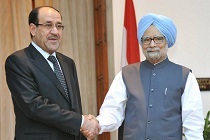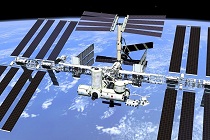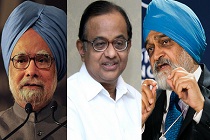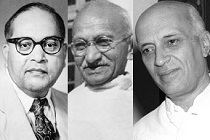Economic democracy, food security & CSR
Recently, the Indian Parliament passed two key legislations - the Companies Bill and the Food Security Bill. How will these seemingly unconnected legislations together empower technologies and business models that pose serious challenges to building a market economy that’s in sync with democratic aspirations?










